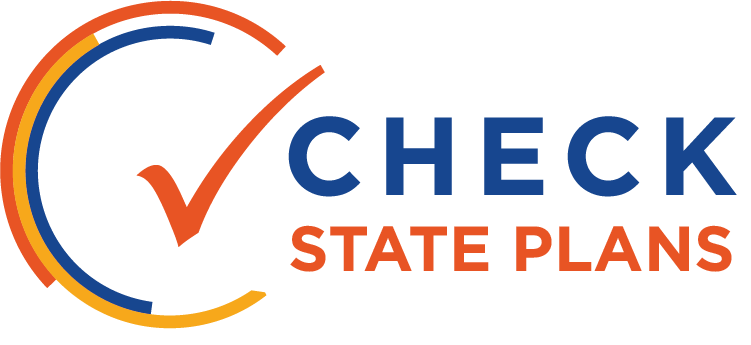CONTACT:
Ashley Inman Zanchelli
(571) 458-7923
ainman@forstudentsuccess.org
Peer Review Extended to Look at States’ School Improvement Plans
“Check State Plans: Promise to Practice” Will Highlight Innovative Ideas and Best Practices by States Who Are Addressing the Need to Improve Their Lowest Performing Schools
WASHINGTON (September 6, 2018) – Today, the Collaborative for Student Success announced that in partnership with HCM Strategists, they will convene an updated network of peer reviewers to conduct a review of how states are implementing their school improvement plans. Under the Every Student Succeeds Act, every state is required to detail how it plans to use Title I to set-aside funds to improve the performance of targeted low-performing schools in coordination with district and local leaders. States have greater flexibility to decide the proper course of action, but also greater responsibility to ensure meaningful and continuous improvement of these schools.
“ESSA presents a huge opportunity for states to use federal funds to tackle one of the hardest challenges in public education, turning around our nation’s lowest performing schools,” said Jim Cowen, Executive Director for the Collaborative for Student Success. “Building on the knowledge gained from Check State Plans peer review of state’s accountability plans, we are beginning a new phase of this work with the purpose of learning how states are approaching school improvement and identifying trends, and will be sharing promising practices with state education leaders.”
Last year, the Collaborative for Student Success and Bellwether Education Partners convened the only independent peer review of every state’s new accountability plans under the ESSA. The review – titled Check State Plans – included over 50 peers who represented bipartisan viewpoints, and the final report highlighted best practices in states with the hope that information could be used as a resource as education officials fine-tuned plans.
The Collaborative and HCM will once again use independent peer reviewers that participated in one or both rounds of the ESSA plan review process of Check State Plans. CSS and HCM have also gone to great lengths to add experts in the area of school improvement at the state, district and local level to our peer network. The approximately 25 peer reviewers include former state chiefs, educators, members of the civil rights and disability communities, and education experts from around the country. Specifically, the review will look into how states are approaching the allocation of the 1003a funding in ESSA and the types of resources and supports states are developing for their districts.
“Our best chance at closing achievement gaps around the country is through well-thought-out school improvement plans, and that is why the implementation work being done by states is so critically important,” said Carlas McCauley, Director for WestEd’s Center on School Turnaround. “We hope to see meaningful state progress but also know these efforts will take time. We are looking forward to working with partners and education officials in states to highlight best practices that can serve as a resource for everyone involved in work to improve low-performing schools.”
The process of monitoring states’ progress on their school improvement plans began earlier this year and is ongoing (click here for infographic on the timeline of our work). Surveys conducted by Education First and interviews with state education officials will inform what the peers will review this fall using a rubric designed by HCM, consisting of multiple indicators that have been highlighted by experts and organizations focused in this area of work. (To learn more about the process and creation of the rubric please see memo here). A final report is expected later this fall.
About the Collaborative for Student Success:
The Collaborative for Student Success is a non-profit advocacy organization that works to defend high standards, high-quality assessments, and strong systems of accountability, to ensure that all kids are prepared for college or career. Through capacity-building efforts with in-state organizations and collaboration with national partners, we promote fact-based public discourse and fight to advance policies that promote best practices and ensure equitable outcomes for all students.
